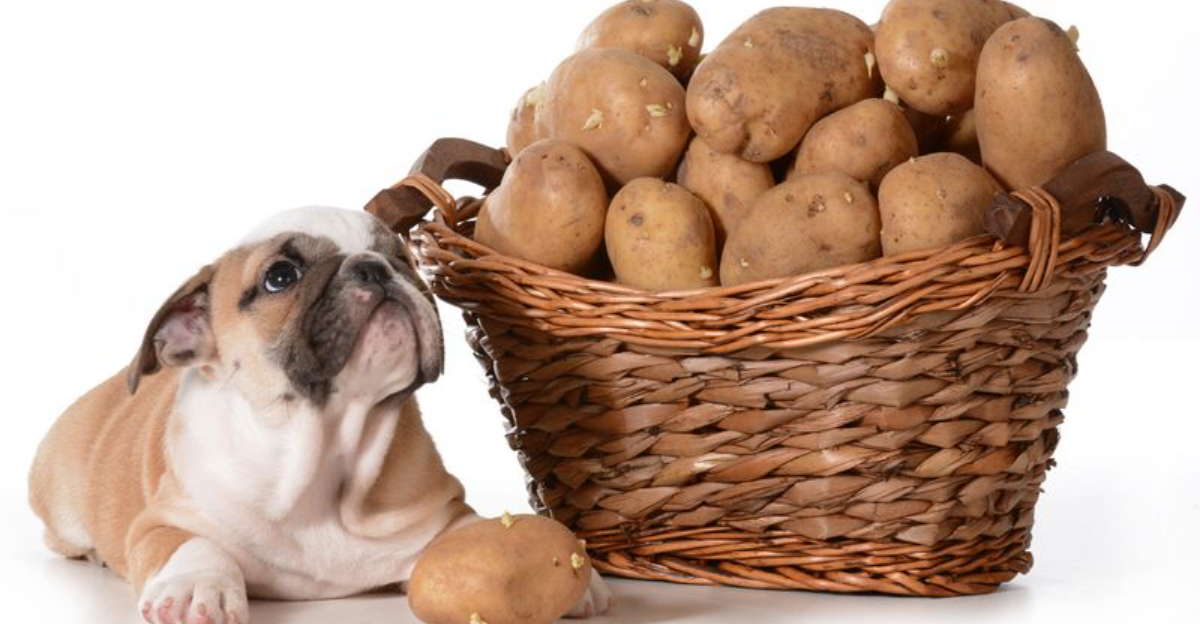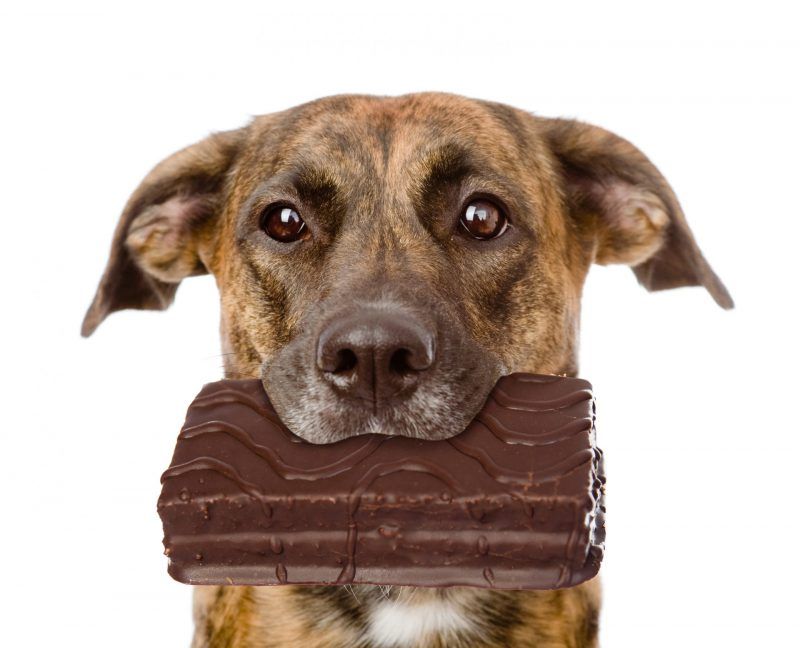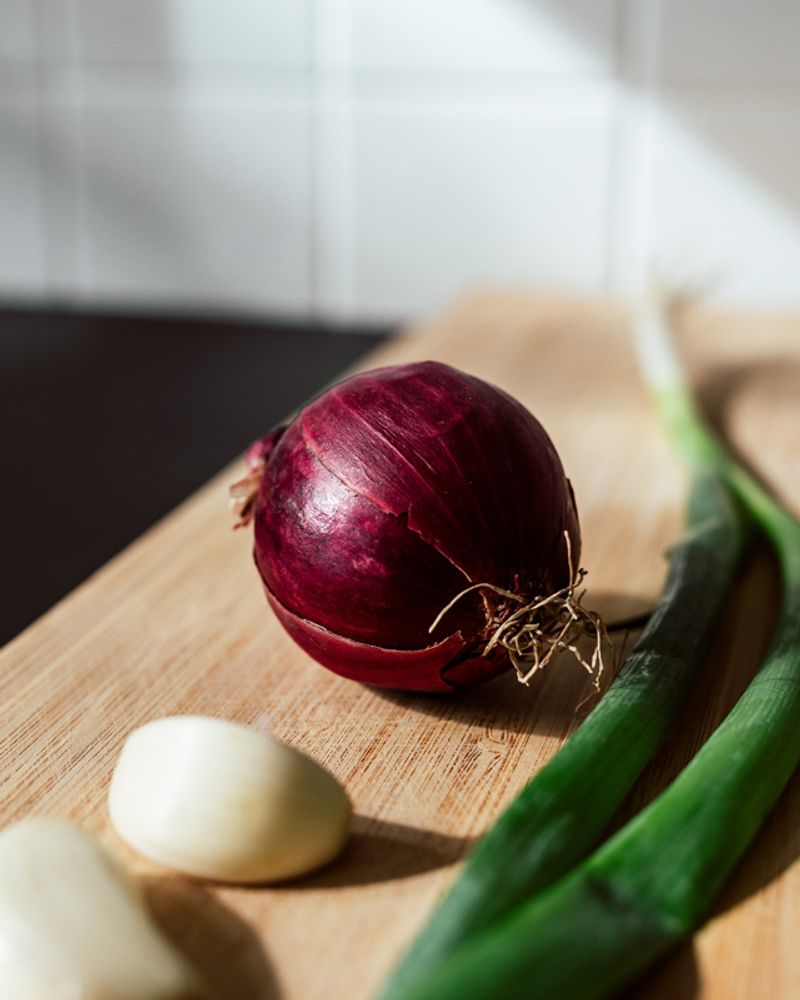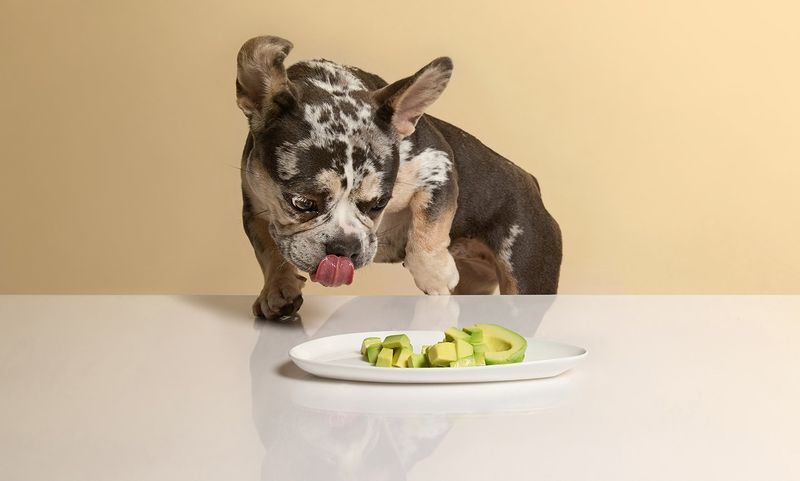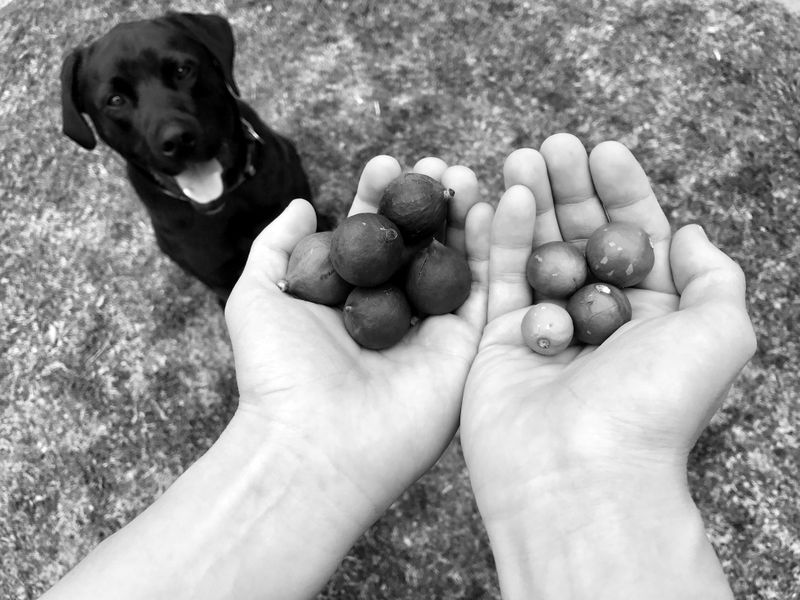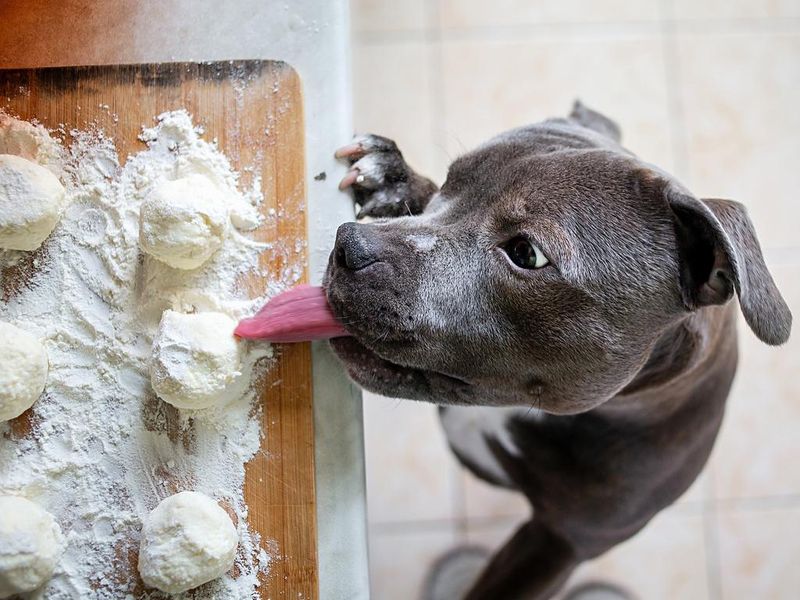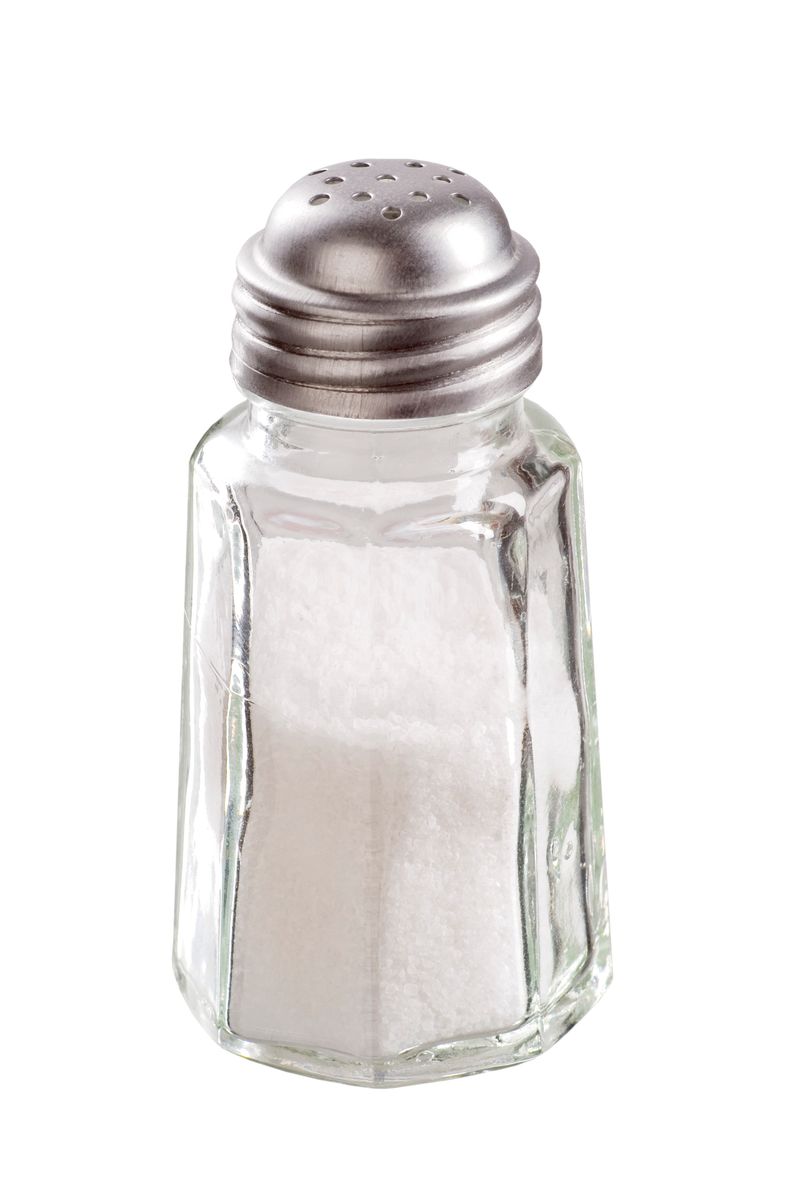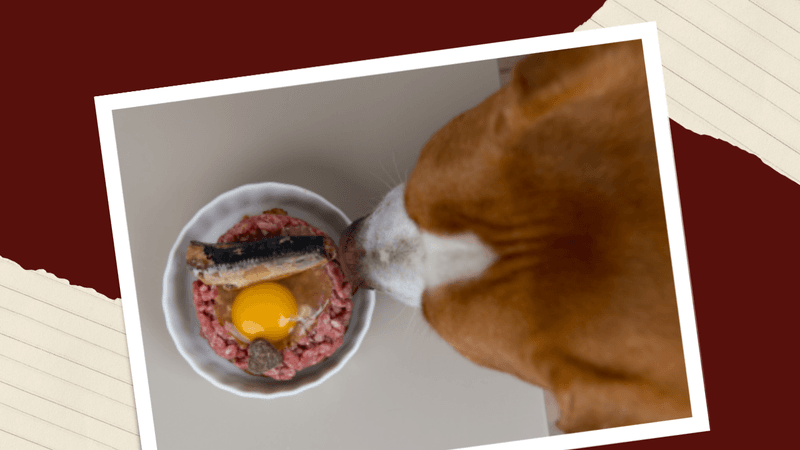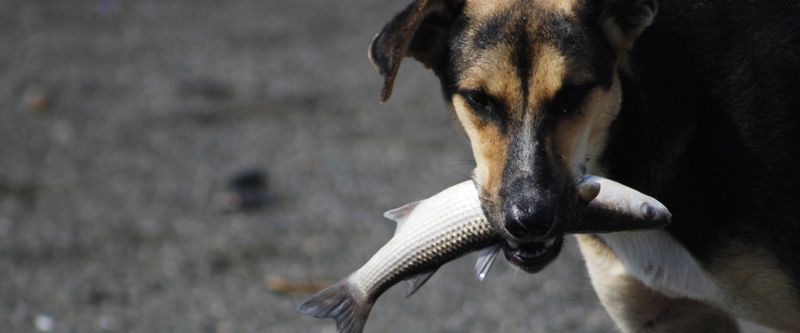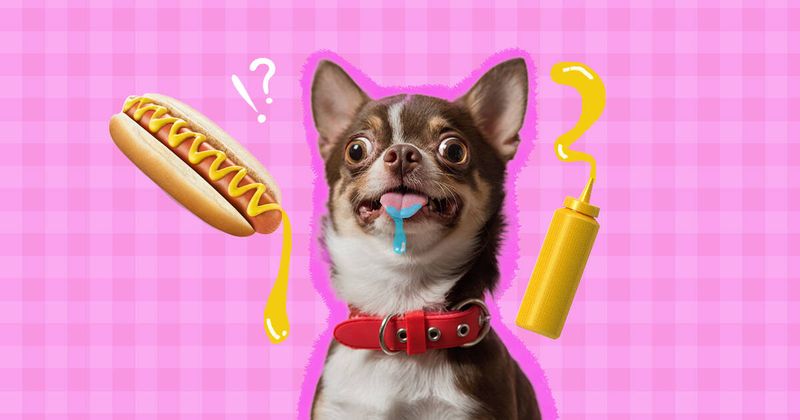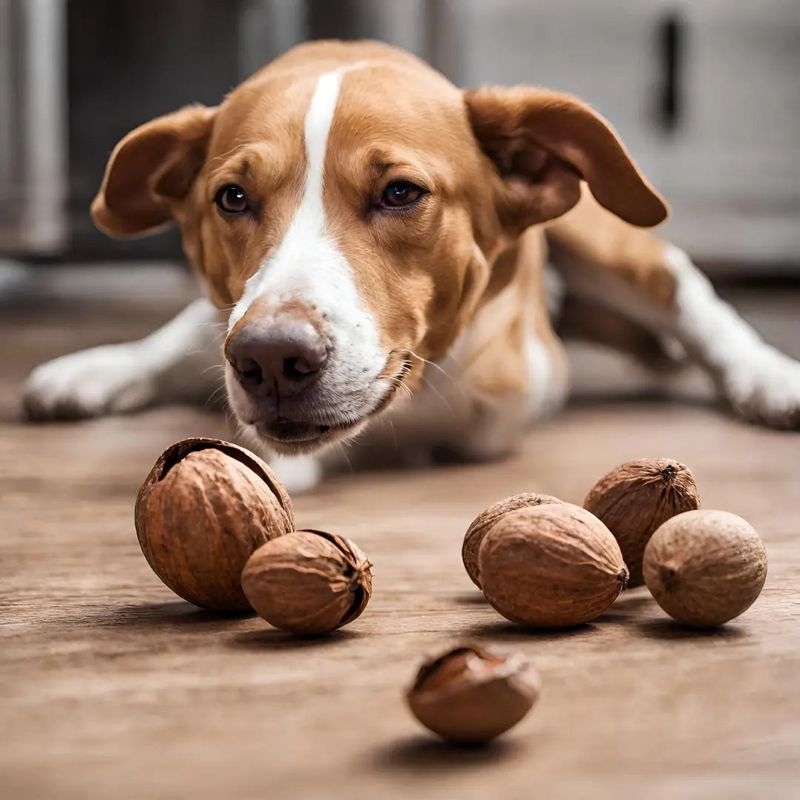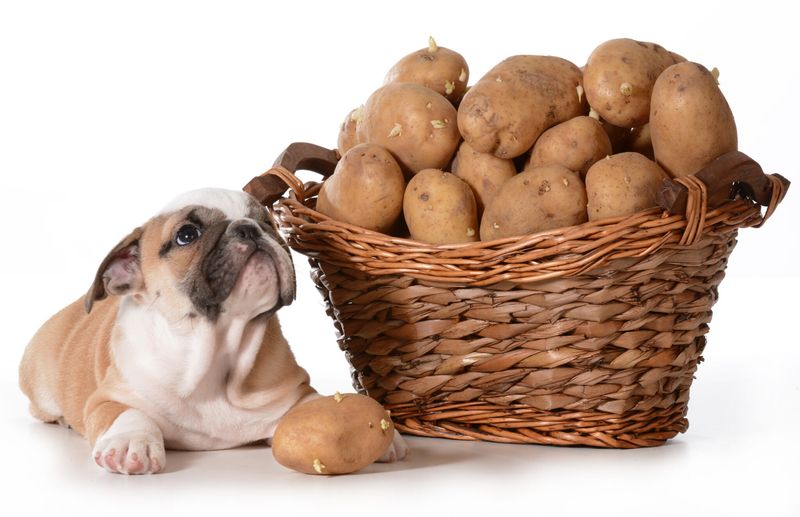Dogs are curious creatures with a tendency to explore the world using their mouths. Unfortunately, this sometimes leads them to ingest foods that can be seriously harmful. Pet owners must be aware of certain common foods that can pose a significant risk to their beloved companions. Here, we delve into 20 foods that are particularly dangerous for dogs, even in tiny amounts. Understanding these hazards can help prevent unfortunate trips to the vet and ensure your furry friend’s safety. Always consult with a veterinarian if you suspect your dog has consumed something toxic.
Chocolate
Chocolate is a beloved treat for humans but spells danger for dogs. This sweet delight contains theobromine, an alkaloid toxic to canines. Even a small amount can cause vomiting, diarrhea, rapid breathing, and seizures. The darker the chocolate, the greater the risk. Imagine a curious pup nibbling on leftover brownies – a tempting but dangerous snack. Owners must keep all forms of chocolate out of reach, especially during holidays. A good rule of thumb is to treat chocolate as a locked-away treasure, never to be shared with your furry friends.
Grapes and Raisins
Grapes and raisins seem harmless but can wreak havoc on a dog’s kidneys. Even a small serving can lead to vomiting, lethargy, and kidney failure. Picture the innocent meal prep moment when your dog sneaks a grape from the counter – an unassuming yet harmful act. Due to their severe effects, it’s essential to avoid these fruits entirely. Store them securely and educate family members about their risks. Prevention is key to keeping these seemingly innocuous snacks from becoming a canine catastrophe.
Onions and Garlic
Onions and garlic, kitchen staples in many households, are hazardous to dogs. They contain compounds that can damage red blood cells, leading to anemia. Even a little seasoning in leftover pasta can be enough to harm a curious pooch. Imagine a dog licking a bit of sauce from your plate, unaware of the lurking danger. These ingredients, whether raw, cooked, or powdered, should be kept away from curious noses. A little caution goes a long way in protecting your pet from this flavorful threat.
Avocado
Avocado is a trendy health food for humans but poses risks to dogs. It contains persin, a fungicidal toxin that can cause vomiting and diarrhea. Visualize your dog sniffing around the kitchen, intrigued by a creamy avocado on the counter. While humans enjoy its smooth texture and nutritious benefits, dogs should steer clear. Even the pit can be a choking hazard. Always dispose of avocado remnants properly, ensuring that no playful pup can access this seemingly benign fruit.
Alcohol
Alcohol affects dogs much like it does humans but is far more potent. Just a small amount can lead to dangerous symptoms such as vomiting, diarrhea, difficulty breathing, and even coma. Visualize your dog sipping from an unattended glass – a seemingly innocent act with dire consequences. Keeping alcoholic drinks well out of reach is crucial, especially during social gatherings where spills are common. Treat alcohol as a forbidden elixir, reserved solely for human consumption.
Caffeine
Caffeine is a stimulant that can have severe effects on dogs. Found in coffee, tea, and energy drinks, even small quantities can cause restlessness, rapid breathing, heart palpitations, and tremors. Envision your pet sneaking a lick of your morning brew – a seemingly innocent yet dangerous indulgence. Vigilance is key; ensure caffeinated products are stored safely. Remember, to a dog, caffeine is not a pick-me-up but a perilous potion.
Xylitol
Xylitol, a sugar substitute found in gum and candies, is incredibly toxic to dogs. Even tiny amounts can lead to a rapid insulin release, causing hypoglycemia. Imagine your dog finding a piece of gum under the couch – a sweet surprise with alarming effects. Beyond blood sugar issues, xylitol can cause liver failure. Keep all xylitol-containing items well out of reach and educate friends and family about its dangers. Awareness can prevent this silent sweetener from becoming a deadly treat.
Macadamia Nuts
Macadamia nuts are a rich, buttery snack for humans but dangerous for dogs. Consuming even a few can result in weakness, vomiting, tremors, and hyperthermia. Picture your dog sneaking a nut from a snack bowl – a buttery delight with serious repercussions. These nuts should be kept well away from curious paws. Whether whole or in baked goods, macadamia nuts are an unwelcome addition to any dog’s diet.
Yeast Dough
Yeast dough can cause significant issues if ingested by dogs. The dough can expand in the stomach, leading to bloating and severe discomfort. Consider the scenario of your dog eating raw dough from the counter – an expansion causing pain and distress. Additionally, the fermentation process produces alcohol, adding further risk. Keep rising dough out of reach and ensure baking areas are pet-proof. A little vigilance can prevent a doughy disaster.
Salt
Salt is essential in human diets but can be hazardous to dogs. Excessive consumption can lead to sodium ion poisoning, characterized by vomiting, diarrhea, and seizures. Picture your dog licking salt spills – an innocent action with potential consequences. Ensuring pets don’t ingest salty foods or spills is crucial. When it comes to seasoning, less is more for canine safety.
Citrus Fruits
Citrus fruits, with their tangy zest, are a refreshing treat for people but not for dogs. These fruits contain citric acid and essential oils that can irritate a dog’s digestive system. Imagine your pet curiously licking a lemon slice – a sour adventure gone wrong. While small amounts might only cause mild upset, larger quantities can lead to severe symptoms. Store these fruits cautiously, keeping their zingy allure away from curious snouts.
Raw Eggs
Raw eggs are sometimes touted for their protein benefits but pose risks for dogs. They can contain Salmonella, leading to food poisoning. Visualize your dog licking raw egg remnants from a kitchen counter – a seemingly harmless snack with hidden dangers. Beyond bacterial concerns, raw eggs can interfere with biotin absorption, affecting skin and coat health. Cooked eggs are a safer alternative, providing nutrition without the risk. Keep raw eggs out of reach to ensure a healthy, vibrant pet.
Raw Fish
Raw fish, especially from certain regions, can harbor parasites harmful to dogs. Tapeworms and bacteria can lead to serious health issues. Picture your dog pulling a raw fish from the trash – an adventurous snack with a parasite risk. While fresh fish is nutritious, it must be cooked to eliminate dangers. Sushi lovers, beware; sharing is not caring in this case. Keep raw fish inaccessible to ensure your dog’s safety and health.
Cherries
Cherries are delightful treats for people but pose a risk to dogs. The pits contain cyanide, a deadly poison, and even the fruit can cause gastrointestinal upset. Imagine your pet munching on a cherry – a sweet fruit with a dark secret. While the occasional, pit-free cherry might be harmless, it’s safer to avoid them altogether. Proper disposal of cherry pits is essential to prevent curious canines from discovering these fruity foes.
Tomatoes
Tomatoes, while nutritious for humans, can cause issues for dogs, especially when unripe. They contain solanine, which can lead to gastrointestinal distress. Picture your dog nibbling on garden tomatoes – exploring nature with unintended effects. The ripe fruit is generally safe, but leaves and stems are best kept away. Gardening pet owners should take particular care, ensuring their four-legged friends remain safe amidst the vegetable patches.
Corn on the Cob
Corn itself isn’t harmful, but the cob can cause intestinal blockages in dogs. Envision your playful pup chewing on a discarded cob – a fun activity with a hidden danger. Large pieces can become lodged in the intestines, requiring surgical removal. It’s vital to discard cobs safely, ensuring dogs don’t have access to this seemingly chewable item. When feeding corn, always remove it from the cob for a safe, tasty treat.
Mustard Seeds
Mustard seeds, though small, pack a punch when it comes to toxicity. They can cause severe gastrointestinal distress in dogs. Imagine your dog nibbling on a mustard seed packet – a tiny snack with big consequences. Vomiting and diarrhea may ensue, leading to dehydration if not addressed promptly. Keep mustard seeds and related condiments out of reach, ensuring their spicy allure remains a human-only experience.
Nutmeg
Nutmeg is a common spice but can be hazardous to dogs. It contains myristicin, which can cause hallucinations and increased heart rate. Picture your dog accidentally licking a spoonful of nutmeg – an innocent action with mind-altering effects. While small amounts in baked goods may not be harmful, larger doses are risky. Store nutmeg securely, keeping its aromatic charm away from curious pets.
Moldy Foods
Moldy foods can produce mycotoxins, highly toxic to dogs. They can cause tremors, seizures, and liver damage. Visualize your dog scavenging a trash bin, finding moldy leftovers – a risky adventure with serious outcomes. Always dispose of spoiled food properly, keeping trash bins secure and out of reach. A little vigilance can prevent moldy misadventures and ensure your pet’s well-being.
Green Potatoes
Green potatoes contain solanine, a toxin harmful to dogs. Eating them can lead to nausea, vomiting, and heart problems. Imagine your dog digging up potatoes from the garden – a farming adventure with toxic consequences. Always store potatoes in a dark, cool place, ensuring they don’t become accessible or turn green. Prevention is the best measure to protect your dog from this underground threat.
